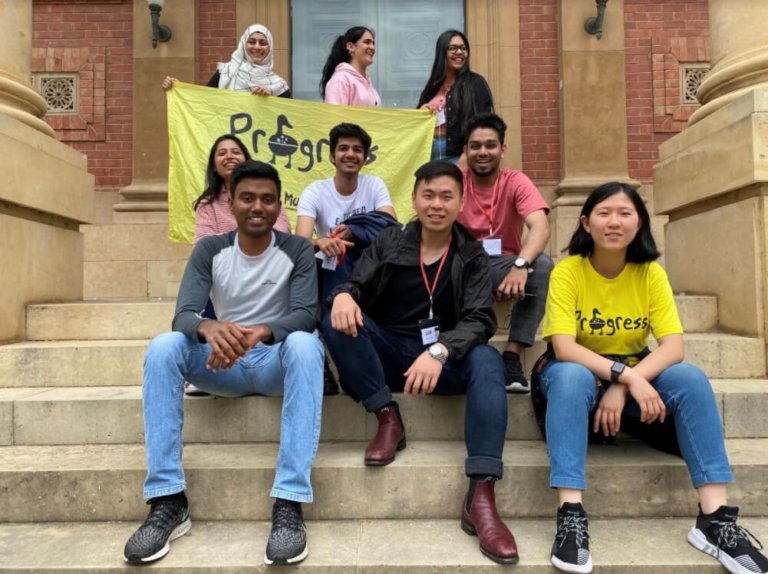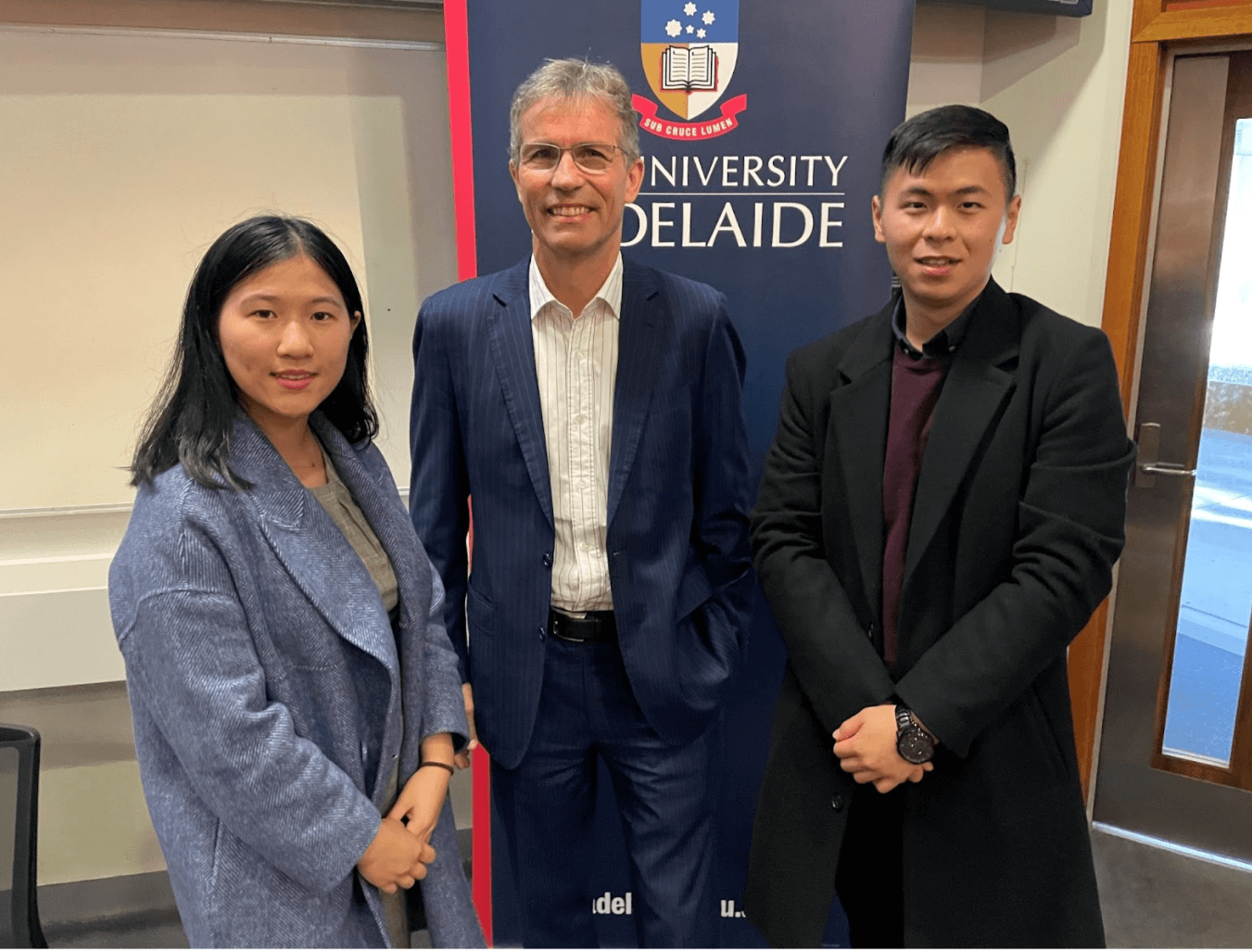
Pilot plans have sparked hope for international students returning to Australia, but a student leader opines that more can be done.
The country’s “Fortress Australia” approach to the pandemic has had many ramifications, one of which includes negatively affecting the psyche of international students returning to Australia. Findings from Adventus show that the number of students applying to study abroad at Australian universities has plunged while the country’s borders remain closed.
Student sentiment on Australia has declined, with some interpreting its zero-COVID strategy approach as unwelcoming and insular. But the tide is turning — in August, Australian Prime Minister Scott Morrison said the country must start to learn to live with COVID-19 when higher vaccination targets are reached.
Plans to resuscitate its international student sector are blossoming. To date, the Australian government has endorsed International Student Arrival Plans for New South Wales (NSW), Queensland, Victoria and South Australia. These plans have offered hope for international students returning to Australia, and Oscar Zi Shao Ong is among the many students elated by this news.
“I am really glad to see the positive news around borders reopening and to see that NSW is removing the quarantine requirement,” said the national president of the Council of International Students Australia (CISA) to Study International. The country’s disjointed reopening plans, however, has sparked confusion for some.
“International students are extremely confused, with various pilot plans with different quarantine requirements being proposed and approved to date,” said Ong. “Most international students are fully vaccinated and [are] prepared to travel as soon as the borders open. International students add immense value to Australia and want certainty from the federal government to open borders to them.”
International students returning to Australia: Challenging times

Pilot plans have sparked hope for international students returning to Australia, but Ong said students want certainty from the federal government to open borders to them. Source: Oscar Zi Shao Ong
Ong is the national president of the Council of International Students Australia, a not-for-profit, non-politically and non-commercially aligned organisation formed in response to the needs of international students for a unified voice.
He is currently pursuing his PhD in Mechanical Engineering at The University of Adelaide. As the national president of CISA, his tasks include representing international students in government key policy reviews.
“I was flying back to Adelaide to start my PhD studies as COVID-19 started to spread in Australia,” he said. As COVID-19’s spread worsened, the university transitioned online and asked PhD students and staff to work from home.
“It was an extremely disruptive period where I had to physically move computers and equipment back home. The lack of human interaction has certainly made me feel lonely at times,” said the Malaysian.

Ong hosted a student forum with the vice-chancellor of the University of Adelaide. Source: Oscar Zi Shao Ong
How online learning has impacted students
Online learning hasn’t always been smooth sailing for students.
“We have overwhelming feedback that online studies just aren’t working,” said Ong. “Additionally, this is not what international students paid for. They paid for quality, face-to-face education. Further to that, onshore students would have received better support in terms of engagements and social events.”
He added that offshore students suffer from a lack of belonging to their university, while some have never stepped foot on campus. “A recent report also suggests overseas students suffered from poor mental health, especially if they came from a country with a large amount of COVID cases,” he said.

Ong is a recipient of the International Students Awards 2020 by StudyAdelaide. Source: Oscar Zi Shao Ong
International students returning to Australia: Vaccinated, and eager to return
Despite Australia’s gradual reopening, Ong said international students in Australia are facing unprecedented challenges in their studies and “deserve better.”
“While we acknowledge and appreciate the current efforts in bringing international students back and the complexity behind the logistics, and several pilot plans approved to date, more needs to be done.”
Acknowledging the need for a safe return and public health safety, he said many international students are fully vaccinated and pose minimal risk.
“We note other countries such as the UK and Canada have successfully brought back their international students during the pandemic, and we hope that Australia would follow their footsteps and accelerate the current reopening. We look forward to continuing to work collaboratively with the government to bring international students back,” he said.










